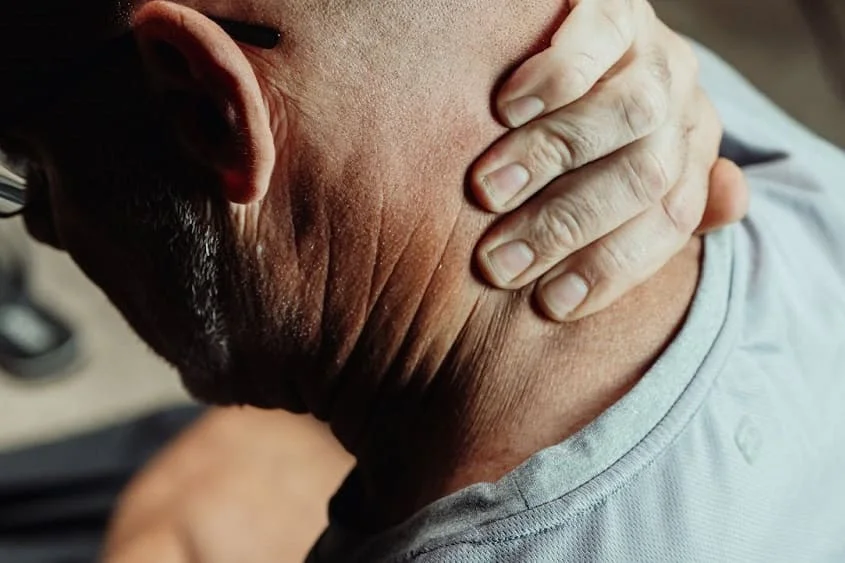Chronic pain really can be one of the toughest things you’ll ever have to deal with. It’s not just the physical discomfort that wears you down day after day, but the emotional and mental strain that comes with it as well can just be so hard to deal with. It’s the kind of pain that doesn’t just go away after a few days or weeks, but instead lingers and changes- always there in the background. Sometimes the hardest part is that it’s invisible to others. People can see when someone has a broken arm or a sprained ankle, but chronic pain often doesn’t show. This makes it easier for others to overlook how much it really affects your day to day life.
Understanding the Complexity of Chronic Pain
What’s important to understand about chronic pain is that its often a combination of physical, emotional and psychological factors. For some people it might be a result of an injury that never fully heals. For others it can stem from conditions like arthritis, fibromyalgia or nerve damage. The pain can vary in intensity, but it’s always there, sometimes mild, other times sharp and overwhelming. It can also change over time, ebbing and flowing. One day you might feel like you’re managing it okay, and the next, it feels like it’s taken over. This unpredictability makes it harder to get into a routine or plan ahead.
Seeking Out Effective Treatment
Managing chronic pain isn’t about a quick fix. In fact, there usually isn’t one. It’s a long term process that needs ongoing care and adjustments. Some people turn to medication, which can help, but often comes with its own set of challenges including side effects and the risk of dependence. Other treatments like physical therapy or going to a chiropractor can focus on the mechanics of the body, trying to strengthen muscles and improve mobility to reduce the strain on painful areas. For some people acupuncture or massage therapy can bring some good relief, especially when the pain is related to muscle tension or nerve irritation. These treatments aren’t a cure, but they can make a difference in managing pain and improving quality of life.
The Mental and Emotional Impact
Chronic pain doesn’t just affect the body, it most definitely takes a toll on mental health too. The constant struggle with discomfort can lead to frustration, anxiety and depression. It’s easy to get caught in a cycle where the pain starts to feel like it defines everything, and that can make it harder to focus on anything else. One of the most important steps in dealing with chronic pain is acknowledging its emotional impact. It’s okay to feel upset or discouraged, but it’s also essential to find ways to cope. Mindfulness or relaxation techniques can help to manage stress, you might find support in talking with a therapist or joining a support group. Being able to express what’s going on (especially when it feels like others don’t understand) can make a world of difference.
Living with Chronic Pain Day to Day
Every day with chronic pain is different. Some days you wake up feeling okay enough to go through the usual routine, while others, getting out of bed feels like a challenge. Over time you might learn to pace yourself better, knowing when to take breaks when you need thema nd adjust activities to accommodate the pain. It’s about finding balance- basically knowing when to push yourself and when to take a step back. Small lifestyle changes can also play a part in managing chronic pain. Eating a balanced diet, getting enough sleep, and staying as active as possible are all important factors in maintaining overall health, even when pain is flaring. While they might not eliminate the pain, they can make a significant difference in how you cope and how much energy you have to face the day.







